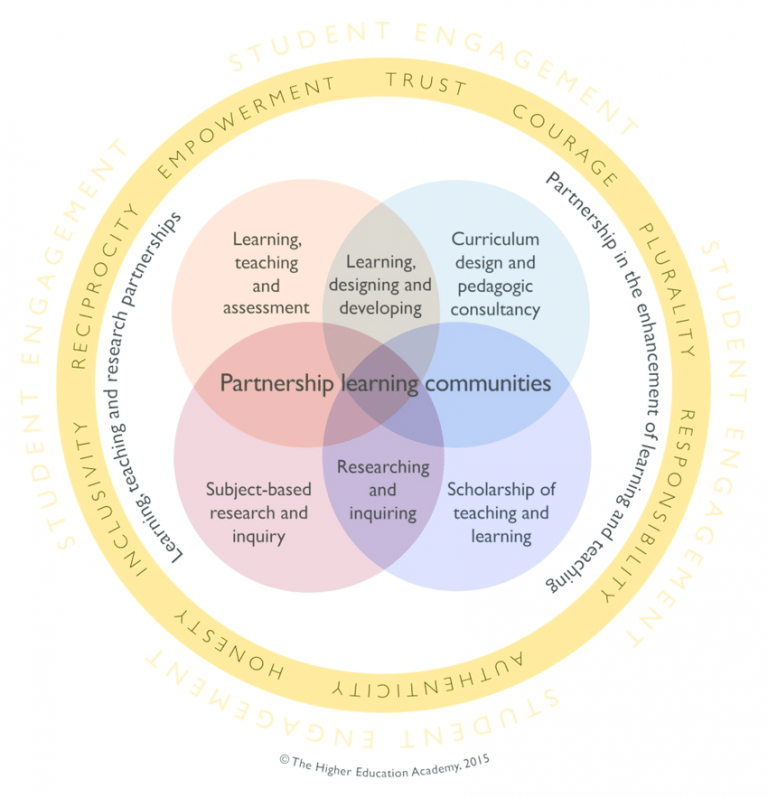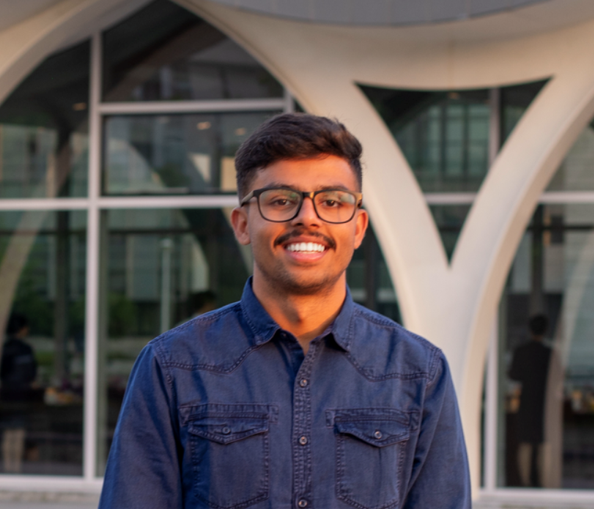
Healey et al. (2014) mapped out multiple ways of student involvement. In reality, though student course evaluation is weighted and student-faculty collaboration in subject-based research is common, very limited opportunities have been provided to stimulate intellectual conversations about teaching among these stakeholders. This Student Partnership initiative is to fill in the gap by engaging students in teaching and learning.




Muhammad (Ajlal) Ajlal
Class of 2026
Sebastián Portilla
Class of 2025
Tianyu Xu
Class of 2025


Sofia Martinez Gallardo Quijano
Class of 2026
Bikalpa Panthi
Class of 2027
Founding partners: Alberto Najarro’22 (Environmental Science and Public Policy), Lingli Tang’22 (Global Health and Public Policy), Spencer Reeves’22 (Political Science), Jasmine Xiao’22
Shang (Irene) Li’22 (Applied Math), Yihao Zhong’23 (Data Science), Zhixian Zhang’23 (Media&Arts), Wanying (Christine) Sui’23 (Psychology), Zezhen Wang’24 (Sociology), Yutong Shi’24 (Cultural Anthropology)
Lunji Zhu’23 (Applied Math), Sebastián Portilla’25 (Institutions and Governance, public policy track)
Tianyu Xu’25 (Psychology), Xinyue Liu’25 (Molecular Bioscience), Muhammad (Ajlal) Ajlal’26 (Computation and Design, social policy track)
Sofia Martinez Gallardo Quijano’26 (Molecular Bioscience), Bikalpa Panthi’27

